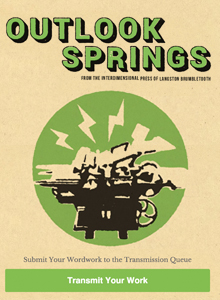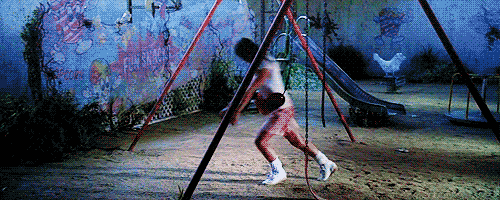About a decade ago, I worked third-shift as a communication assistant at a relay center for the deaf, which meant that I mostly got paid to read books and watch television on my girlfriend-now-wife’s laptop because with the exception of awkward live phone sex internet radio shows and pranksters singing Grease songs, the deaf don’t make a lot of late night calls. Thus, I read something like 60 books that year and was very proud.
So when I saw that I’d only read 27 books this year, I was disappointed. But I made excuses! I was finishing my last year of grad school! I had so much other reading to do! Oh yes, other reading.
Of those twenty-seven books, six I read twice for a form & technique class. One of those I read four times (Claire Vaye Watkins’ Battleborn— probably best book I read this year.) That brings us up to 36 books.
probably best book I read this year.) That brings us up to 36 books.
I listened to The Martian on road trips twice, so that makes 37.
I’m a reader for New England Review and read about 20 short stories a month. That’s 240 stories at about 15 pages each which is 36000 and at an average book length (thank you, Goodreads) of 300 pages, that comes to another 12 books. 49.
Another 175 stories for Outlook Springs, (whose line-up for our first issue is looking amazing) so that’s another 8 books. 57.
An average of two stories per week for 30 weeks in workshop, each read twice. That’s another 6 books. 63.
 And I can’t even begin to quantify the random stories I read this year, here and there, in journals and magazines I subscribe to. And hell, I took a class about The New Yorker with Nicholson Baker and read large swaths of that magazine’s history.
And I can’t even begin to quantify the random stories I read this year, here and there, in journals and magazines I subscribe to. And hell, I took a class about The New Yorker with Nicholson Baker and read large swaths of that magazine’s history.
And my own thesis, nine stories I read at least a dozen times a piece. Should I tack on another twelve books for that?
I think, what I’m getting at, is that the feeling I had that year when I read sixty books is a feeling that I’ve strived to replicate in my life—to be surrounded and infused by literature—and that I think I’ve done, with this incalculable sea of words in which I now swim. Only now, my interruptions aren’t deaf people calling technical support in Indonesia.









